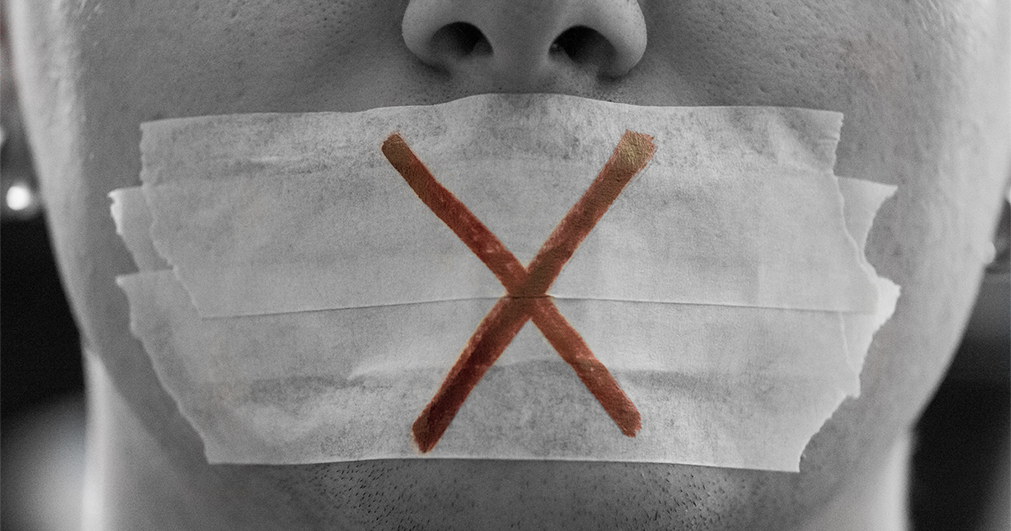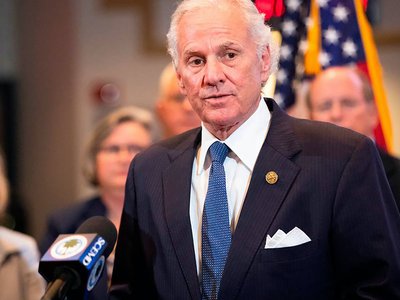Self-censorship is on the rise according to a new Cato Institute survey that reports nearly two-thirds of Americans are afraid to share their political views.
A new CATO Institute/YouGov national survey found 62% of Americans say the political climate today prevents them from saying what they believe. This is up several points from 2017 when 58% of Americans said they were afraid to share their political beliefs.
“31% of liberals, 30% of moderates and 34% of conservatives are worried their political views could get them fired or harm their career trajectory,” the CATO survey stated.
A recent poll conducted by Politico found that a plurality of Americans believe cancel culture has gone too far.
“There have been shifts across the board, where more people among all political groups feel they are walking on eggshells,” the CATO survey found, adding, “majorities of Democrats (52%), independents (59%) and Republicans (77%) who all agree they have political opinions they are afraid to share.”
“Strong liberals stand out, however, as the only political group who feel they can express themselves. Nearly 6 in 10 (58%) of staunch liberals feel they can say what they believe,” the CATO survey found.
A majority of centrist liberals, who in 2017 said they could express their views freely, now say they have to self-censor.
According to the CATO survey, self-censorship spans all ethnicities, with 65% of Latino Americans, 64% of white Americans, and 49% of African Americans saying they have political views they are afraid to share.
“This large number from across demographic groups suggests withheld opinions may not simply be radical or fringe perspectives in the process of being socially marginalized. Instead many of these opinions may be shared by a large number of people,” the CATO study concluded.
Both surveys, CATO and Politico, suggest that those who engage and support cancel culture are a vocal minority of Americans, not the majority.
“While online shaming may seem like a major preoccupation for the public if you spend a lot of time on Twitter, only 40% of voters say they have participated in cancel culture and only one in 10 say they participate ‘often,'” the Politico poll found.






